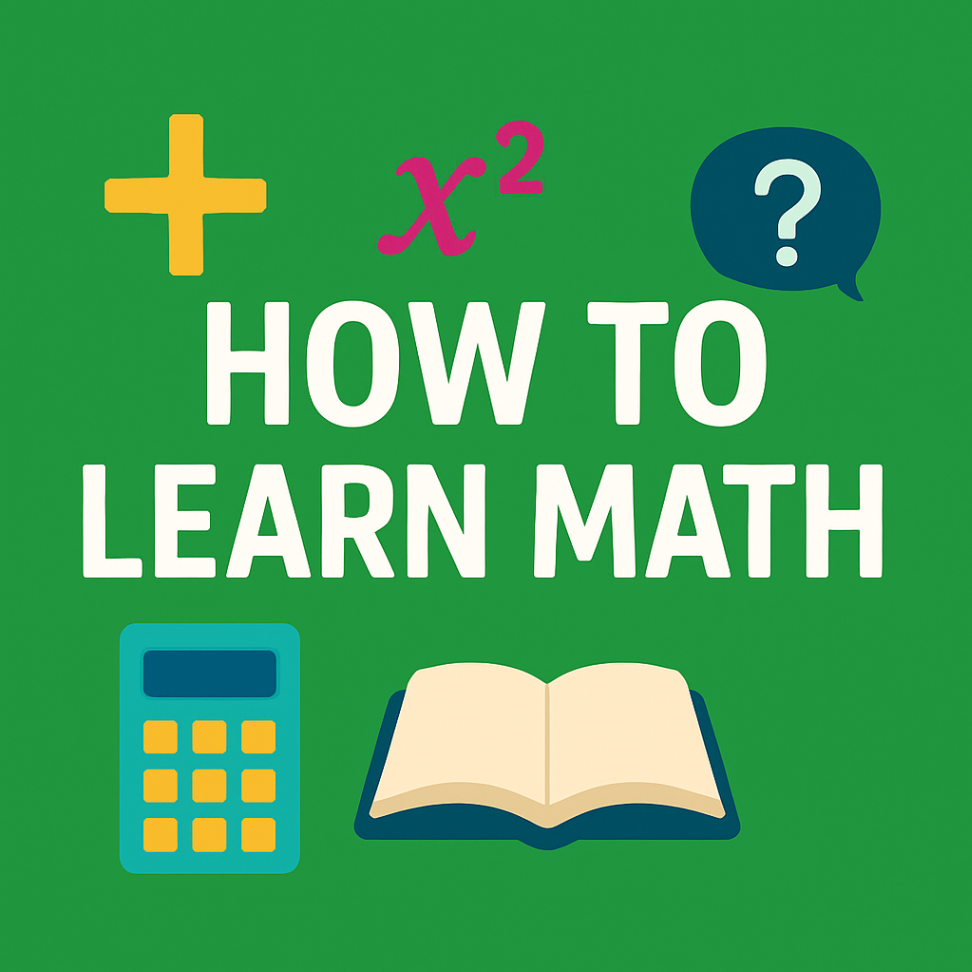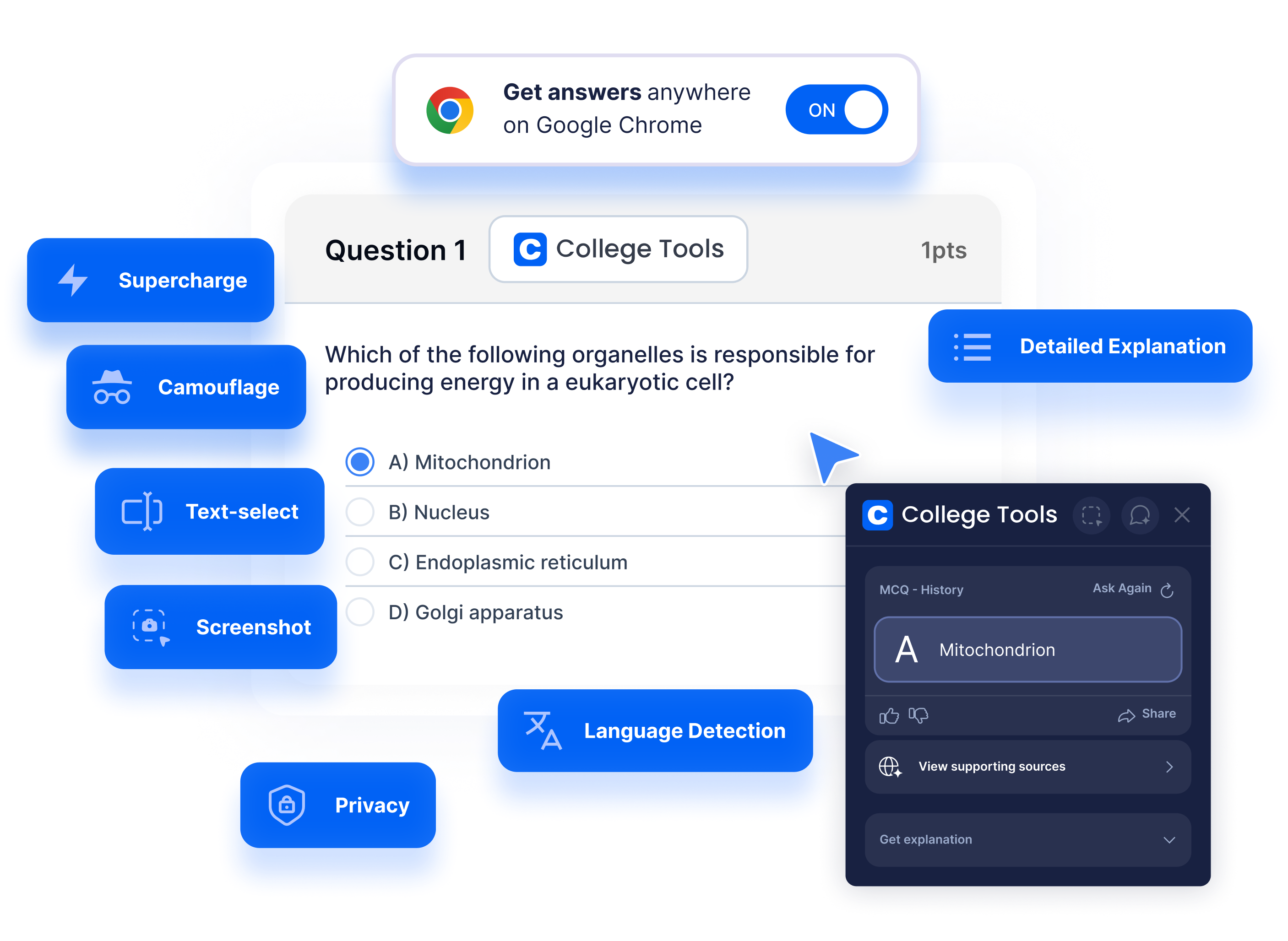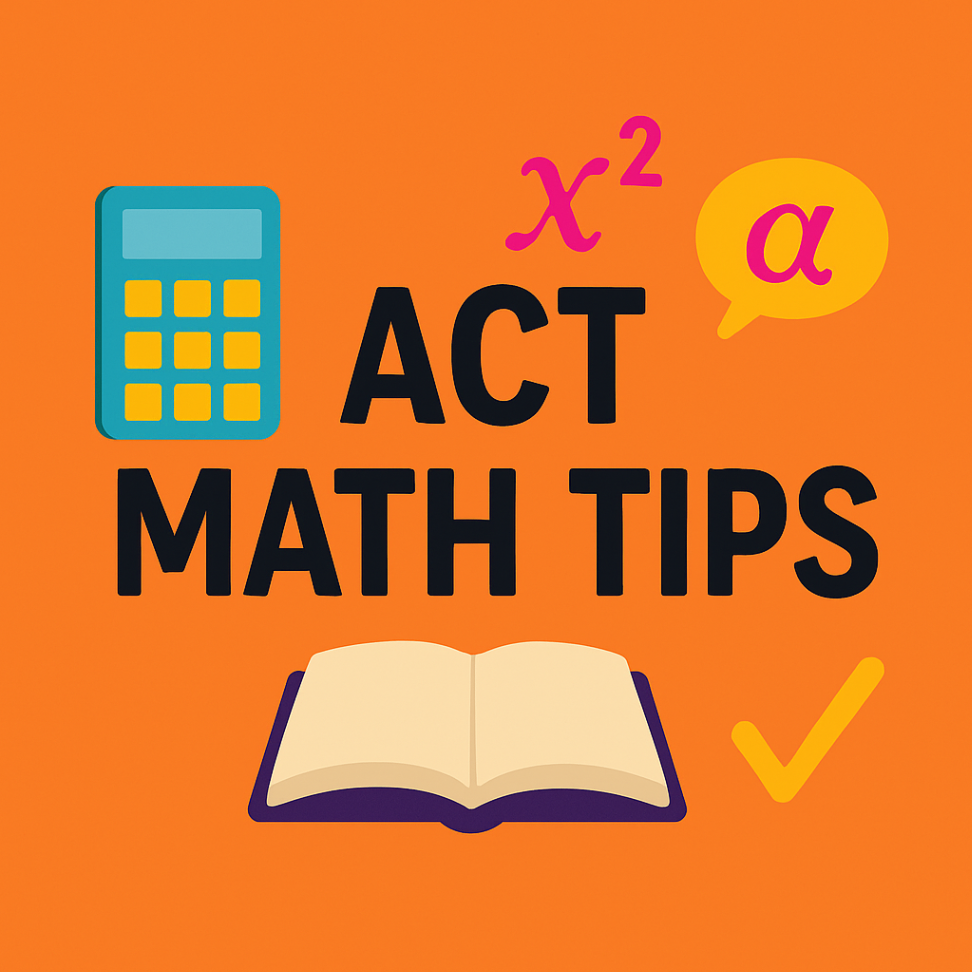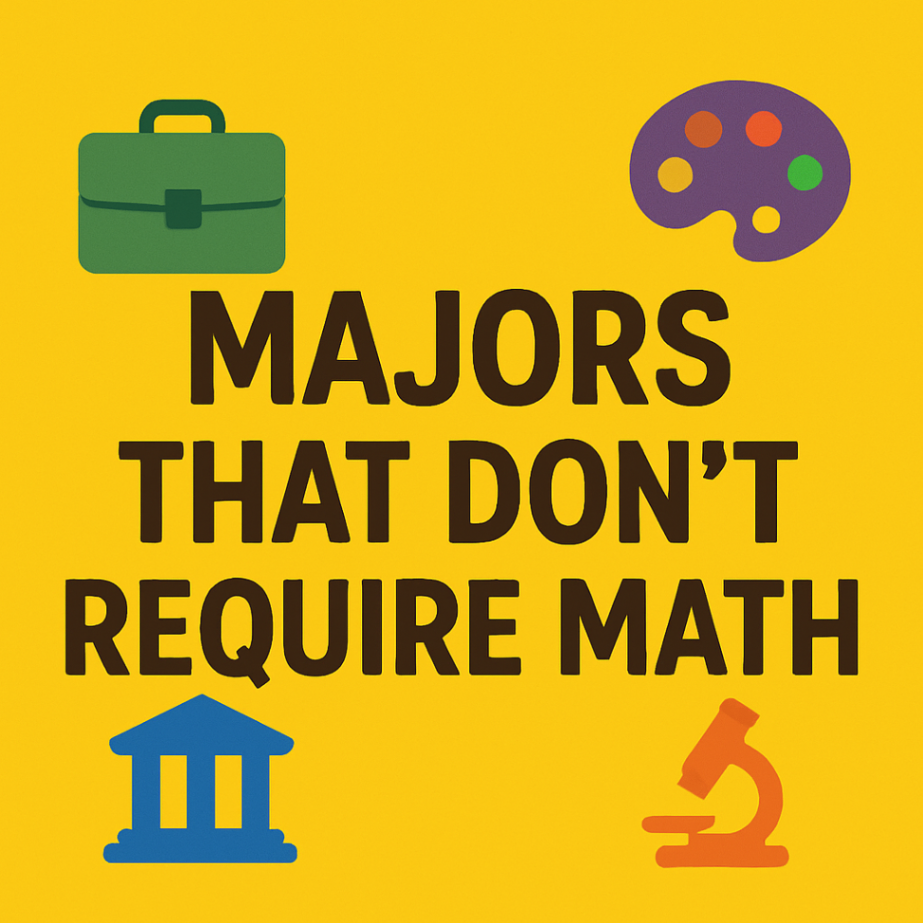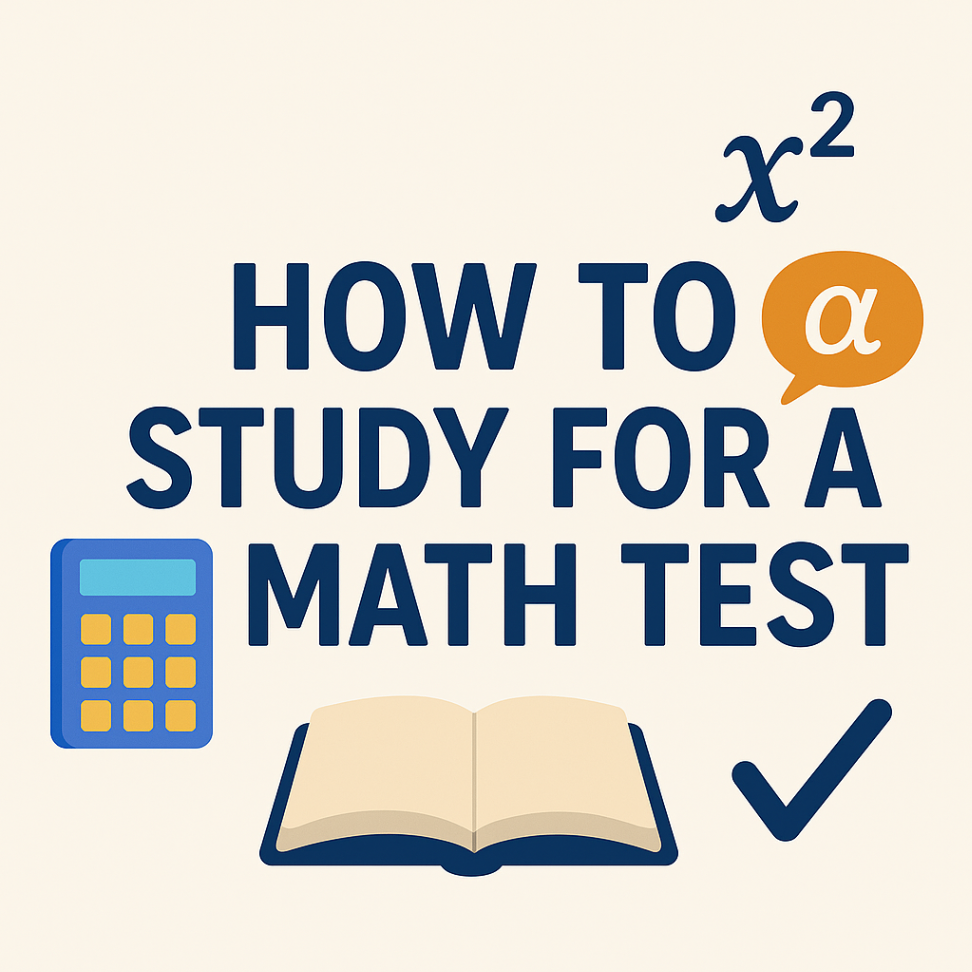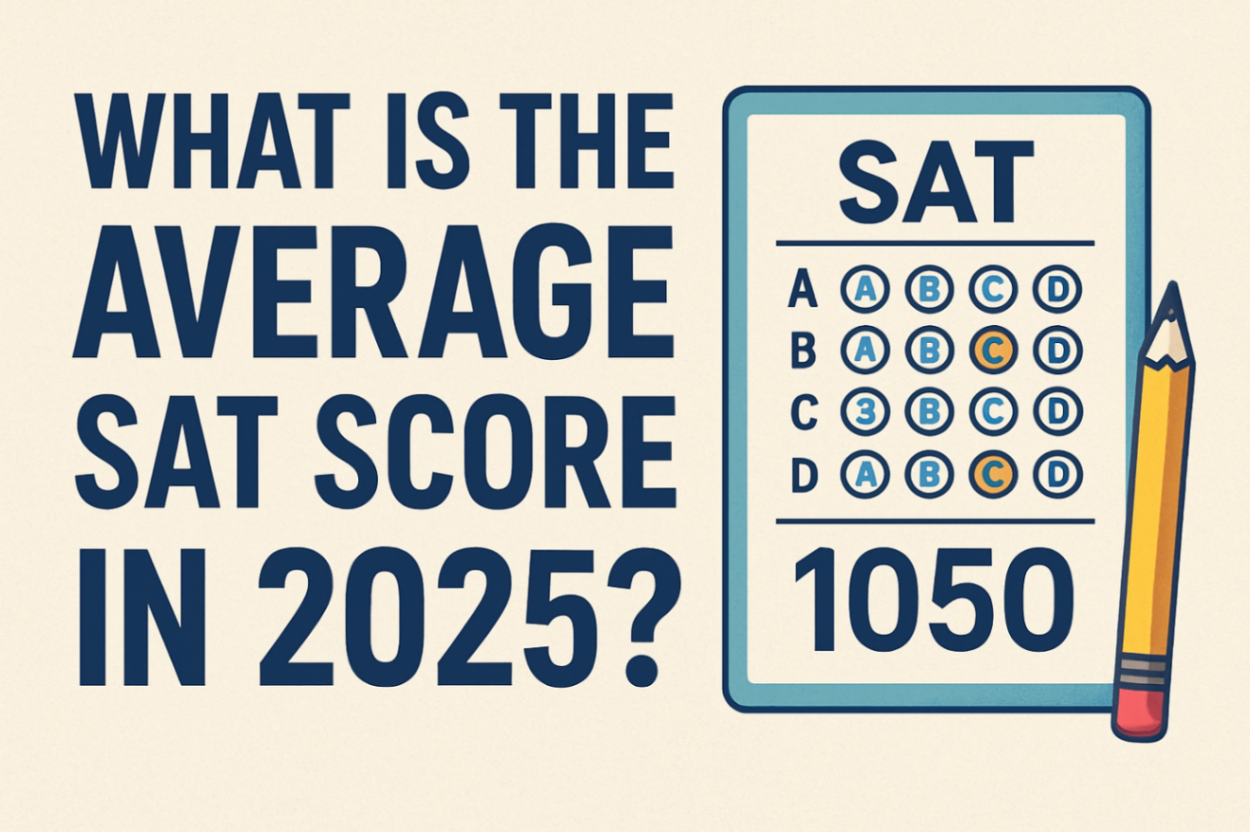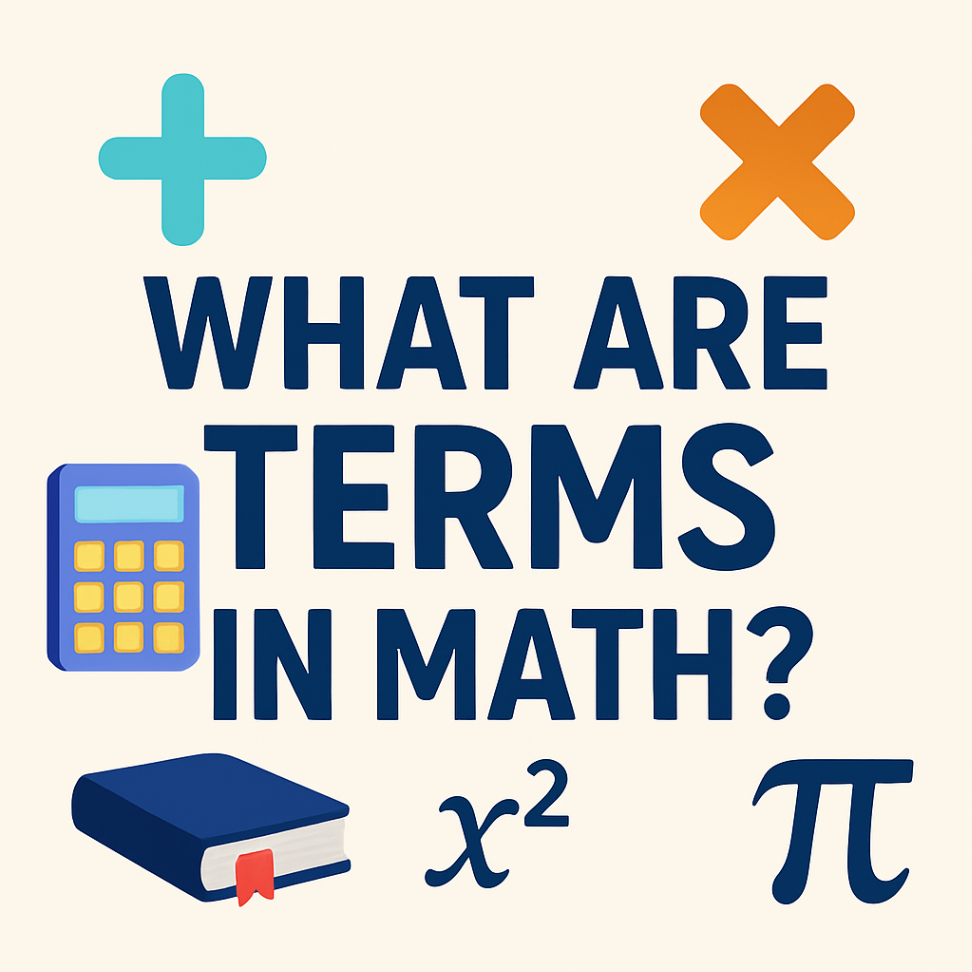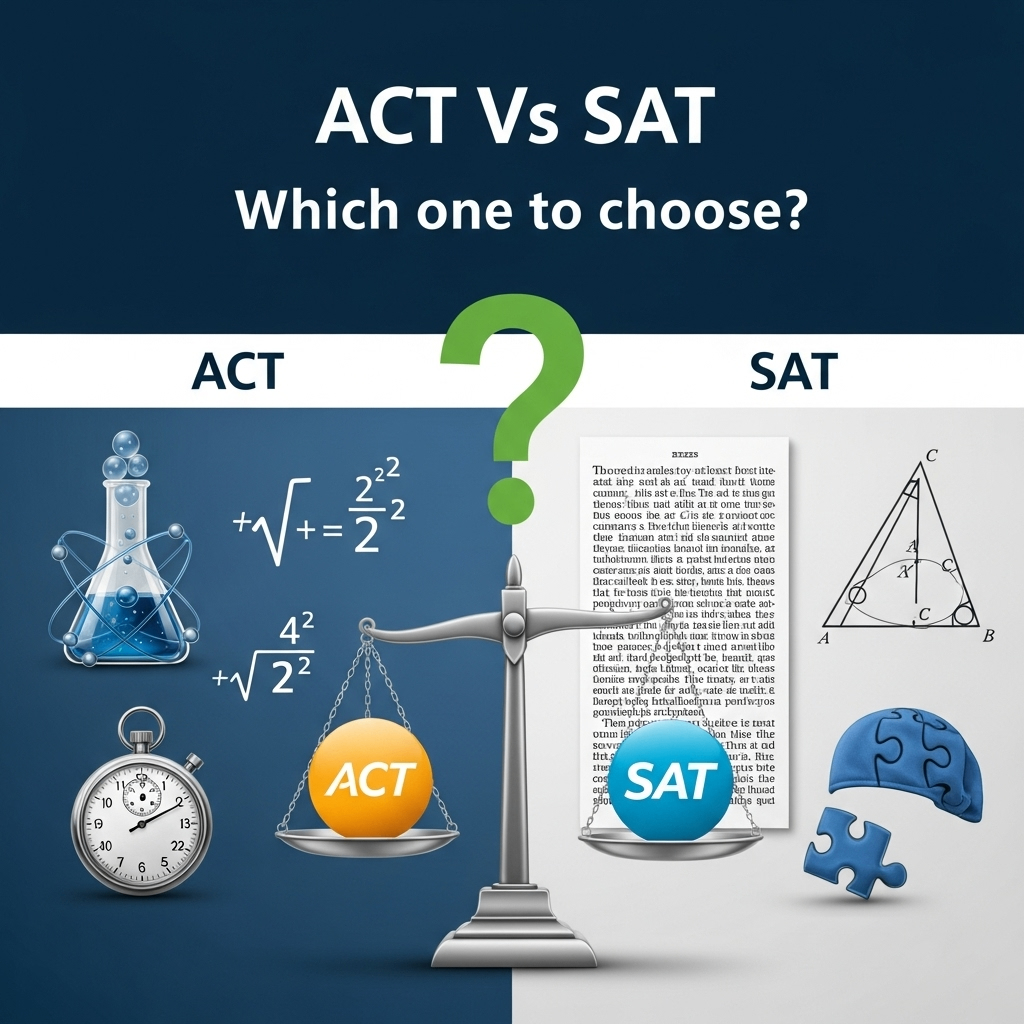Table of contents
- Understanding How to Learn Math: The Foundation
- How to Learn Math Fast: Proven Strategies
- How to Learn Math on Your Own: Self-Study Strategies
- How to Learn Math from Scratch: Building Your Foundation
- How to Learn Math for Students: Academic Success Strategies
- Overcoming Common Math Learning Challenges
- Advanced Strategies for Mathematical Excellence
- Technology and Modern Math Learning
- Creating a Supportive Learning Environment
- Long-term Success in Mathematics
Struggling with mathematics? You're not alone. Many students wonder how to learn math effectively, especially when faced with challenging concepts or past negative experiences. Whether you're looking for how to learn math fast or simply want to build a stronger foundation, this comprehensive guide will transform your approach to mathematics.
Mathematics doesn't have to be intimidating. With the right strategies, mindset, and resources, anyone can master mathematical concepts and develop confidence in their abilities. Let's explore proven methods that will help you succeed in math, from basic arithmetic to advanced topics.
Understanding How to Learn Math: The Foundation
How to learn math effectively starts with understanding that mathematics is not about speed or natural talent – it's about developing logical thinking and problem-solving skills. Research from Stanford University shows that everyone can learn math well when they use the right approaches.
The key to mathematical success lies in changing how you think about math itself. Instead of viewing it as a collection of memorized formulas, think of math as a language for describing patterns and relationships in the world around us. When you encounter challenging problems during your learning journey, modern tools like advanced AI Math Solver platforms can provide instant solutions with detailed step-by-step explanations, helping you understand complex concepts and verify your work. These intelligent tutoring systems have revolutionized how students approach difficult mathematical problems, offering personalized guidance that adapts to your learning pace.
The Growth Mindset Approach
One of the most important aspects of how to learn math better is developing a growth mindset. This means believing that your mathematical abilities can improve through effort, practice, and learning from mistakes. Students with growth mindsets perform significantly better than those who believe math ability is fixed.
How to Learn Math Fast: Proven Strategies
How to learn math fast doesn't mean rushing through concepts. Instead, it means using efficient learning strategies that help you understand and retain information more effectively.
Master the Fundamentals First
Before tackling advanced topics, ensure you have a solid foundation. How to learn basic math concepts thoroughly will make everything else easier. Focus on:
- Developing number sense and mental math skills
- Understanding basic arithmetic operations
- Grasping fractions, decimals, and percentages
- Building simple algebraic thinking
Understanding fundamental concepts like what are terms in math is essential for building a strong algebraic foundation. These building blocks of mathematical expressions will make advanced problem-solving much more manageable.
Use Visual Learning Techniques
Mathematics is inherently visual. How to learn math easily often involves creating visual representations of problems:
- Draw diagrams for word problems
- Use graphs to understand functions
- Create visual models for abstract concepts
- Color-code different types of problems to enhance understanding
Practice Active Problem-Solving
How to learn math quickly requires active engagement rather than passive reading. Instead of just reading examples, work through problems step-by-step, explaining your reasoning aloud. This approach helps solidify your understanding and identifies areas where you need additional practice.
How to Learn Math on Your Own: Self-Study Strategies
How to learn math on your own can be incredibly effective when you use the right resources and maintain discipline. Self-directed learning allows you to move at your own pace and focus on areas where you need the most help.
Creating Your Study Schedule
Effective self-study requires structure:
- Set specific, achievable goals for each study session
- Break complex topics into smaller, manageable chunks
- Review previous concepts regularly to maintain retention
- Schedule regular practice sessions rather than cramming before exams
Essential Resources for Independent Learning
How to learn math online has never been easier with today's digital resources:
- Interactive online courses and tutorials provide step-by-step guidance
- Educational apps offer immediate feedback on your progress
- Video lectures from experienced instructors can clarify difficult concepts
- Practice problem databases with solutions help reinforce your learning
How to Learn Math from Scratch: Building Your Foundation
How to learn math from scratch might seem overwhelming, but with a systematic approach, you can build strong mathematical skills regardless of your starting point.
Step 1: Assess Your Current Level
Before beginning, honestly evaluate your current mathematical knowledge. This helps you identify where to start and prevents gaps in understanding that could cause problems later.
Step 2: Start with Number Sense
How to learn math for beginners always starts with developing number sense – the ability to work flexibly with numbers and understand their relationships. This foundational skill makes all future mathematical learning easier and more intuitive.
Step 3: Progress Systematically
Follow a logical sequence that builds upon previous knowledge:
- Start with basic arithmetic and number operations
- Move to introduction to algebra and variables
- Continue with geometry and spatial reasoning
- Progress to more advanced topics like trigonometry and calculus
How to Learn Math for Students: Academic Success Strategies
How to learn math for students in formal educational settings requires balancing classroom learning with independent study.
Maximizing Classroom Time
Make the most of your classroom experience by:
- Asking questions when concepts aren't clear
- Taking detailed notes that focus on problem-solving processes
- Participating actively in group discussions and collaborative problem-solving activities
- Seeking help during office hours when needed
Effective Homework Strategies
Transform homework from a chore into a learning opportunity:
- Start homework shortly after class while concepts are fresh in your mind
- Work through problems completely showing all steps
- Review incorrect answers to understand your mistakes
- Form study groups with classmates to discuss challenging problems and share different solution approaches
Test Preparation Techniques
How to learn math faster for exams involves strategic preparation:
- Create summary sheets of key formulas and concepts
- Practice problems similar to those on previous exams
- Time yourself solving problems to build both speed and confidence
- Review and understand all homework and quiz mistakes to avoid repeating them
For comprehensive test preparation strategies, explore proven techniques for how to study for a math test that can help you approach exams with confidence and achieve better results.
Overcoming Common Math Learning Challenges
Dealing with Math Anxiety
Many students struggle with math anxiety, which can significantly impact learning. Combat this by:
- Recognizing that mistakes are part of the learning process
- Practicing relaxation techniques before studying or taking tests
- Breaking problems into smaller, less intimidating steps
- Celebrating small victories and progress along the way
When Concepts Don't "Click"
If you're struggling with specific concepts, try:
- Approaching the problem from different angles
- Looking for real-world applications of the concept
- Using multiple resources and explanations to find one that resonates with your learning style
- Taking breaks to return to difficult concepts with fresh eyes
Building Mathematical Confidence
Confidence in math comes from understanding, not just getting correct answers:
- Focus on understanding the "why" behind mathematical procedures
- Connect new concepts to previously learned material
- Practice explaining mathematical ideas to others
- Keep a record of your progress and improvements to see how far you've come
Advanced Strategies for Mathematical Excellence
Developing Mathematical Thinking
True mathematical proficiency goes beyond solving problems – it involves thinking mathematically:
- Look for patterns and relationships in mathematical concepts
- Make connections between different areas of mathematics
- Question assumptions while exploring alternative approaches
- Learn to appreciate the beauty and elegance of mathematical solutions
Students preparing for standardized tests will find that understanding these fundamental concepts is crucial for ACT Math success, where pattern recognition and strategic thinking are essential skills.
Exploring Mathematical Applications
Understanding how math applies to real life makes learning more meaningful:
- Explore mathematical modeling in science and engineering
- Investigate mathematical concepts in art and music
- Study mathematical applications in economics and finance
- Consider how mathematics impacts technology and innovation in our daily lives
For students interested in advanced mathematical topics, exploring areas like what is discrete math can open up new perspectives on mathematical thinking.
Technology and Modern Math Learning
Digital Tools and Resources
Modern technology offers unprecedented opportunities for learning math online:
- Interactive graphing calculators and software help visualize complex concepts
- Virtual manipulatives provide hands-on learning experiences
- AI-powered tutoring systems adapt to your learning style
- Online communities allow you to discuss problems with peers from around the world
Balancing Technology with Traditional Methods
While technology is helpful, balance digital tools with traditional learning methods:
- Practice mental math to maintain number sense
- Work problems by hand to understand processes deeply
- Use technology to verify and extend your understanding rather than replace fundamental skills
- Don't rely solely on calculators for basic operations
Creating a Supportive Learning Environment
Study Space Optimization
Your physical environment significantly affects learning:
- Choose a quiet, well-lit space for studying
- Keep necessary materials easily accessible
- Minimize distractions like phones and social media
- Consider background music if it helps you focus and concentrate better
Building Support Networks
Learning math doesn't have to be a solitary endeavor:
- Join or form study groups with classmates
- Find a study buddy who shares your goals
- Seek help from teachers, tutors, or online communities when needed
- Consider peer tutoring opportunities where you can both teach and learn from others
Long-term Success in Mathematics
Developing Lifelong Learning Habits
Mathematical learning extends beyond formal education:
- Stay curious about mathematical concepts in daily life
- Continue practicing mathematical skills regularly
- Explore advanced topics that interest you
- Share your knowledge by helping others learn, which reinforces your own understanding
Career Applications
Strong mathematical skills open doors to numerous career opportunities:
- STEM fields require quantitative analysis skills
- Business and finance roles involve extensive data analysis
- Even creative fields use mathematical principles
- Teaching positions allow you to share your mathematical knowledge with future generations
For students concerned about math requirements in their future studies, it's worth exploring majors that don't require math to understand all available options while still building strong foundational mathematical skills.
Conclusion
Learning mathematics effectively is a journey that requires patience, persistence, and the right strategies. Whether you're figuring out how to learn math from scratch or looking to improve your existing skills, remember that everyone can succeed in mathematics with the proper approach.
The key to how to learn math better lies in understanding that mathematics is not about speed or innate talent – it's about developing logical thinking, problem-solving skills, and mathematical reasoning. By embracing mistakes as learning opportunities, practicing regularly, and maintaining a growth mindset, you can overcome any mathematical challenge.
Start with a solid foundation, use visual learning techniques, and don't hesitate to seek help when needed. With dedication and the strategies outlined in this guide, you'll discover that mathematics can be not only manageable but genuinely enjoyable and rewarding.
Remember, every expert was once a beginner. Your mathematical journey starts with a single step, and with consistent effort and the right approach, you can achieve mathematical success.
Frequently Asked Questions
How long does it take to become good at math?
The time it takes to become proficient in math varies greatly depending on your starting point, the complexity of topics you're learning, and how much time you dedicate to practice. With consistent daily practice (30-60 minutes), most students see significant improvement in 3-6 months. Remember that mathematical learning is cumulative – each concept builds on previous ones, so patience and persistence are key to long-term success.
Is it possible to learn advanced math if I struggled with basic concepts?
Absolutely! Many students who initially struggled with basic math concepts go on to excel in advanced mathematics. The key is addressing foundational gaps while building confidence through incremental progress. Consider working with a tutor or using online resources to strengthen your foundation before moving to more complex topics. Success in math is more about persistence and good study habits than natural talent.
What's the best way to practice math when I don't have access to a teacher?
Self-directed math practice can be very effective with the right approach. Use textbooks with detailed solutions, online video tutorials, and interactive math platforms that provide immediate feedback. Create a study schedule, work through problems systematically, and don't skip steps in your solutions. Join online math communities where you can ask questions and discuss problems with other learners.
How can I stay motivated when math feels too difficult?
Maintaining motivation in math requires celebrating small wins and connecting math to your interests and goals. Set achievable short-term goals, track your progress, and reward yourself for meeting milestones. Find real-world applications of the math you're learning, and remember that struggling with difficult concepts is normal and part of the learning process. Consider exploring different areas of mathematics to find topics that naturally interest you.

